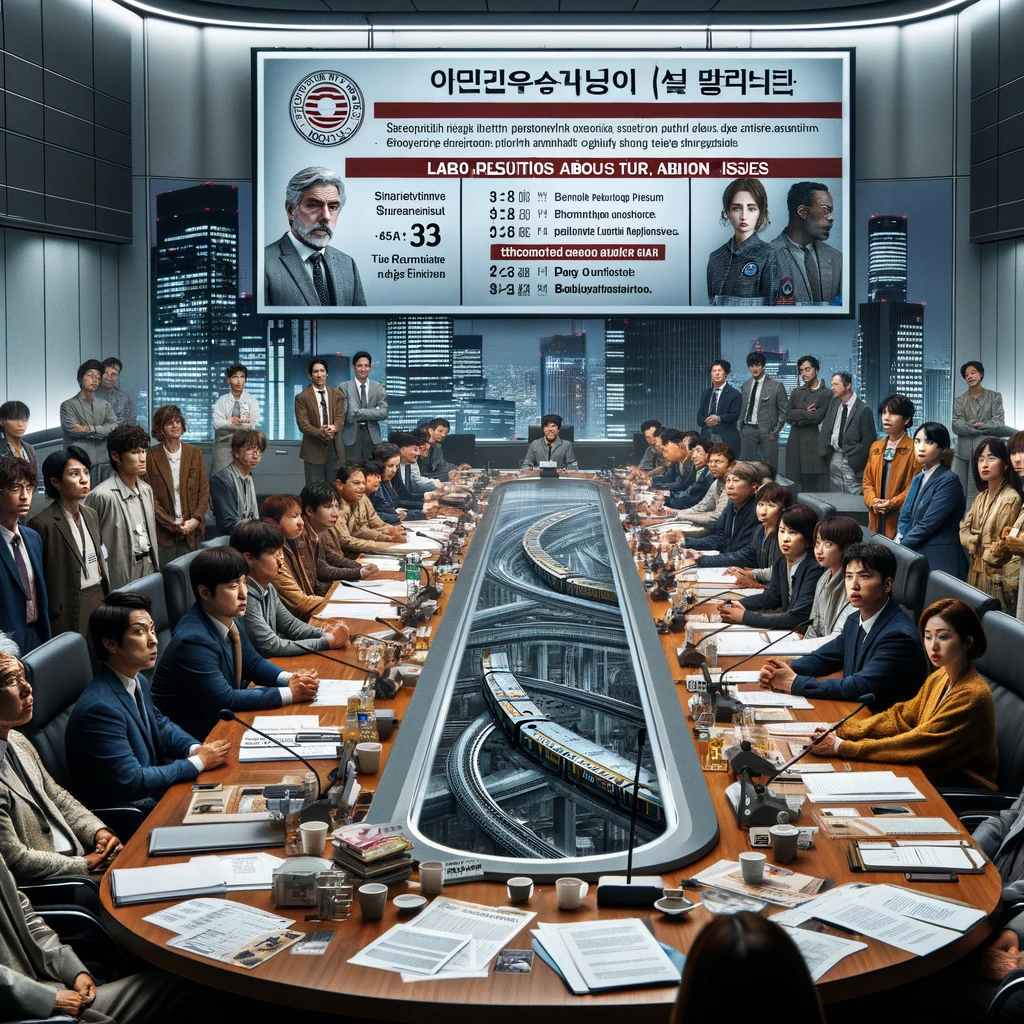Overview of the Situation:Reinstatement Controversy
Recent developments at the Seoul Metropolitan Transport Corporation (SMTC) have stirred significant controversy. A number of union leaders, previously dismissed for abusing the “time-off” system, which allows unionized workers to be exempted from regular duties for union activities, have been reinstated. This decision appears to clash with the corporation’s commitment to rooting out corrupt practices and fostering a healthy labor-management relationship.
Background of the Dismissals
The SMTC carried out an exhaustive investigation last year, which revealed severe absenteeism among certain union leaders. This led to the dismissal of 34 union members, including 20 outright dismissals and 14 layoffs. The dismissed individuals were predominantly senior union officials, accused of neglecting their duties over extended periods—some absent for hundreds of days.
Appeals and Reinstatements
Following the disciplinary actions, the affected union leaders appealed against their dismissals. The appeal process involved a two-tier system consisting of a disciplinary committee and a personnel committee. Recently, the personnel committee revised the sanctions from dismissals to demotions for seven of the affected members, allowing them to return to work but at a lower rank.
Reaction Within the Corporation
The decision to reinstate these workers has led to a backlash, particularly among younger employees. They have expressed their dissatisfaction on internal platforms like the company’s app, questioning the integrity of the decision and the company’s ability to self-regulate and enforce its own policies.
Potential for Further Reinstatements
The controversy may not end here. Some of the remaining dismissed workers have taken their cases to the regional labor board, hinting at possible further reinstatements. This situation raises questions about the standards being applied and the consistency of disciplinary actions across the board.
Union’s Response
The union has vigorously defended its members, insisting that the dismissals were unjust and that the fight for reinstatement will continue. They argue that the personnel committee’s decision to downgrade the punishment is a vindication of their stance that the initial dismissals were excessively harsh.
Criticism from Labor Rights Advocates

Critics, including labor rights advocates, argue that the corporation’s actions demonstrate a lack of commitment to genuine reform. They see the reinstatements as indicative of a possible collusion between the company’s management and the union, potentially at the expense of ethical standards and operational integrity.
Conclusion: Implications for Labor Relations
This situation highlights the complex interplay between labor rights and management’s responsibility to maintain discipline and efficiency. It also underscores the challenges faced by large public corporations in balancing these interests, particularly in environments where union activities are robust. The SMTC’s handling of this case could have broader implications for labor relations practices across similar institutions, not only in Korea but potentially in similar settings globally.
Hi, I’m [jeybee]. As a long-time resident of Seoul, I’m passionate about uncovering the authentic, everyday magic of Korea. This blog is my way of sharing my favorite spots, tips, and cultural insights with you, beyond the usual tourist traps.

